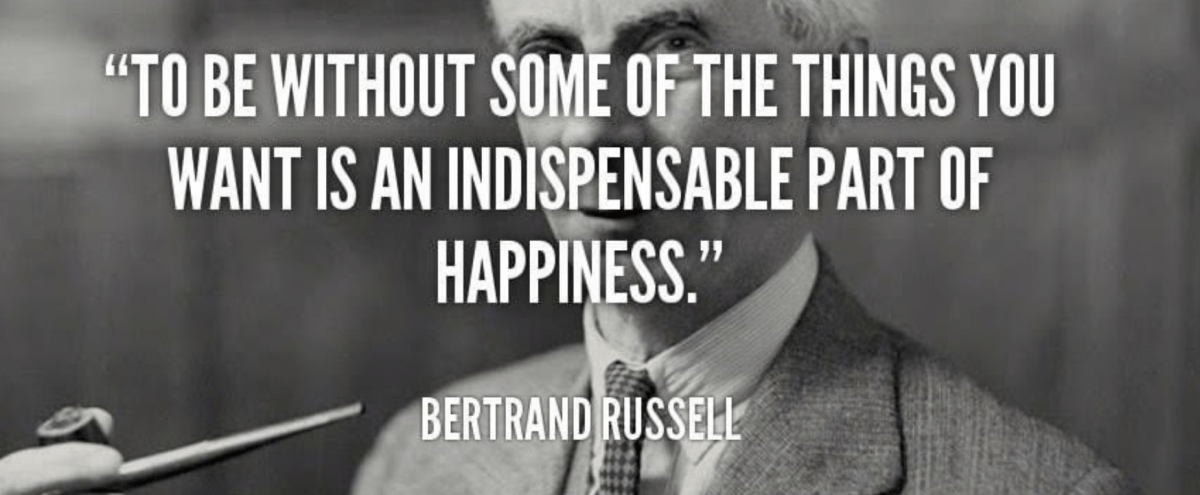The champagne glasses have been cleared away, the Christmas trees have been discarded and the holiday season has come to an end. It is (for most of us) the right time to set our personal goals for 2022.
A Statista survey found that 43 per cent of people will resolve to exercise more and eat healthier in 2022, while 40 per cent plan to lose weight. Around one in five Brits also plan to spend less time on social media, cut down on alcohol, quit smoking and reduce work-related stress.
A lot of resolutions fail “because they’re not the right resolutions”, said Jen A. Miller at The New York Times. There are three signs that your goal for the year might be wrong, according to Miller.
First, “it’s too vague”; the resolution is “created on what someone else (or society) is telling you to change”; or “you don’t have a realistic plan for achieving your resolution”.
To avoid setbacks in the new year, the Kingston Courier has pulled together eight golden tips to help you stick to your New Year’s resolutions.
1. Make your plan concrete, approachable and bite-size
Perfectionism kills progress, so don’t aim too high with your resolutions. If you like a lie-in, you won’t suddenly wake up at 8 o’clock every morning and start running at 8:30. Instead, try to make a cue-based plan that fits the bill.
Make notes on your mobile phone, set phone reminders or write in a notebook – “I will run on Wednesday and Friday” and “I will leave the house 10 minutes earlier to not arrive late in class”, for example – and sign them off when you have achieved them. This is not only rewarding, it also helps you to keep track of your progress.
Detailed planning helps you to dodge obstacles, anticipate and adapt. If you want to meditate at lunch every day and you stick with your intention, you jog your memory and will quickly generate guilt if you flake out. And an action that is repeated for 21 days can turn into a habit that can improve your health, life and relationships before you know it!
2. Reflect: ask yourself why you are doing it
What incentivises you to stick to your resolutions? What do you need to cut out of your life to make it easier not to give up? Which friends can motivate and encourage you to become a better version of yourself?
Acknowledge the reasons why you are committing to a resolution and have a concrete goal in mind. Reflect on past experiences and ask what went well and what didn’t go well. This way, you know your pitfalls which can be very useful in the last stretch.
It is also encouraging to make a cost-benefit list for yourself, as this keeps your motivation flying high. Develop this list further by asking other people to write something on it. Keep the list with you and look at it if you’re having a hard time.
Keeping track of what you’ve already accomplished in between will encourage you to keep going. Using jog journals, or any means of visual tracking, can motivate you to stick to your plan.

3. Stay realistic and make it fun
Don’t forget: when it comes to achieving your goal, striving for efficiency can leave you high and dry. The path of progress is beset with difficulties, but this will make you more resilient to let go of setbacks and try again. Rapid progress does not happen overnight, so stay realistic when thinking of losing 10 pounds. Try to listen to your needs and take the time to relax in between ticking the 2022 to-do boxes.
4. Positive reinforcement and penalties
There is absolutely nothing wrong with rewarding yourself when you have reached a milestone. This ensures that you remain motivated and continue to enjoy achieving your goals. Have you lost a few pounds or have you reached an interim goal? Then buy yourself a nice book, or go out for the day.
Choose a reward that does not get in the way of your ultimate goal. Do you want to quit smoking? Then it is obviously not smart to buy a pack of cigarettes. Do you want to lose weight? Try not to reward yourself with junk food.
You may also want to consider a penalty clause to fine yourself for misbehaviour. This might sound sinister but the logic is simple: incentives change our decisions, and penalties can be even more motivating than rewards. We’re used to being fined for our missteps by outsiders (governments, health plans, neighborhood associations), so being for strict with yourself to achieve a goal might be useful from time to time.

5. Seek social support (online)
When you’re in a slump, there’s nothing better than seeking support from those around you. Coaching friends with shared goals can improve your success rate, evidence has shown.
Friends can help you to be more accountable, make resolutions more fun and help you to stay motivated. If you let the people around you know about your New Year’s resolutions, they will (hopefully) take them seriously. For example, if its your birthday, they can offer you a healthy snack.
Do you have friends or acquaintances in your area who have similar resolutions? Talk about this with each other. There is nothing more fun than achieving your goals together. This way you can go to the gym together if you both want to lose weight.
If you ask successful friends how they achieved a shared goal and try out their tactics yourself, you’ll gain even more ground and more self-confidence. If no one around you has set specific personal goals, connect on social media with people who are in the same boat as you, such as Facebook groups or Instagram.
6. Keep track of your progress and adjust
Write a few sentences a day on the steps you took to achieve your goal. What went well and went could have gone better? This makes you aware and keeps you on the right path. By writing it down, you make your goal more concrete, measurable and manageable.
Have you been unable to stick to your New Year’s resolutions after a month because they are too challenging? Don’t give up: adjust them when necessary. Does it really matter if it takes a bit longer than expected? You’ll get there eventually. The most important thing is that you achieve your goals. Change does not happen overnight, so it’s not surprising at all if you don’t succeed on the first try and come back up.
7. Don’t be harsh on yourself when you slip
Avoid the “hell effect”, meaning declaring yourself a failure and throwing in the towel when you deviate from your resolution. Instead of saying “what the hell did I do?”, set tough goals and give yourself a wild card once a week. You will get better results by setting either tough or easy goals without wiggle room, research has revealed. Your stretch goal keeps you motivated, and the ability to have “emergency reserves” keeps you pushing forward after a misstep.
8. Keep trying
It can be very difficult to achieve your New Year’s resolutions. Still, it’s important not to give up when things don’t go the way you want. Don’t linger on the things that go wrong, but on the things that go right. Tomorrow brings new opportunities, allowing you to do better and continue where you left off.
Don’t be discouraged by setbacks. Tackling your problems and reflecting on how to break your ingrained habits is hard. All you can do is to decide if there is anything you can learn from past difficulties and do it differently this year!
And don’t forget: every day is the right time to improve our life, even just slightly. To find out how, click here.
Social media editor and reporter in Kingston, former deputy editor. Work experience at the Islington and Hackney Gazette.






